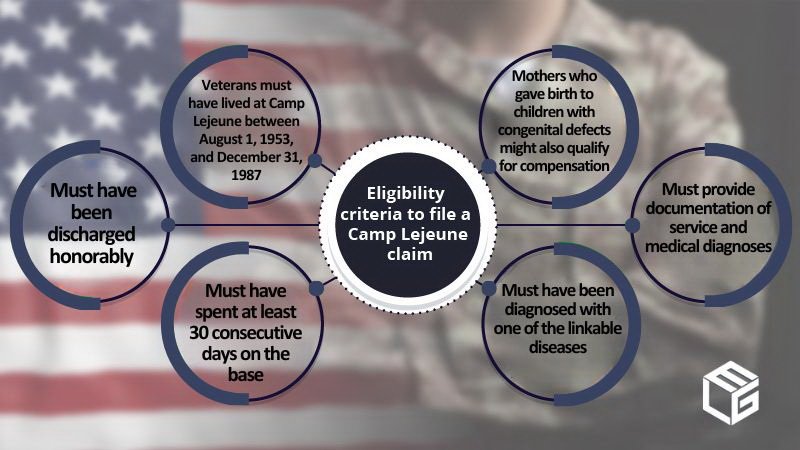Attention: We are no longer taking Camp Lejeune cases!
Daily or high exposure to industrial solvents is associated with reduced fertility in women
Affecting over 6 million women nationwide, female infertility refers to difficulty getting or staying pregnant. There are numerous causes for this condition, such as structural problems in the reproductive system, endometriosis, failure to ovulate, and polycystic ovary syndrome.
Still, a more obscure cause is toxic exposure. During the last century, toxic exposure would occur daily at Camp Lejeune because servicewomen and the wives of servicemen would drink water contaminated with industrial solvents. They would also use the water for cooking, which only worsened the extent of toxic exposure.
A study from the medical journal Occupational and Environmental Medicine found that exposure to solvents may impair fertility of either gender, but the evidence for female effects was stronger than for male effects. Solvents and their metabolites are rapidly distributed through circulation to different tissues. Reproductive disorders, including fertility problems, have been associated with exposure. The researchers assessed fertility among the families taking part in the study. Out of the participants, 1,300 were female applicators. They were asked whether they painted or used gasoline or other solvents for cleaning hands or equipment. Following the analysis, 28% of the couples were found to be subfertile, meaning that conceiving will take longer than it normally does or it may not happen at all. In women, subfertility increased with:
- age
- body mass index
- smoking

